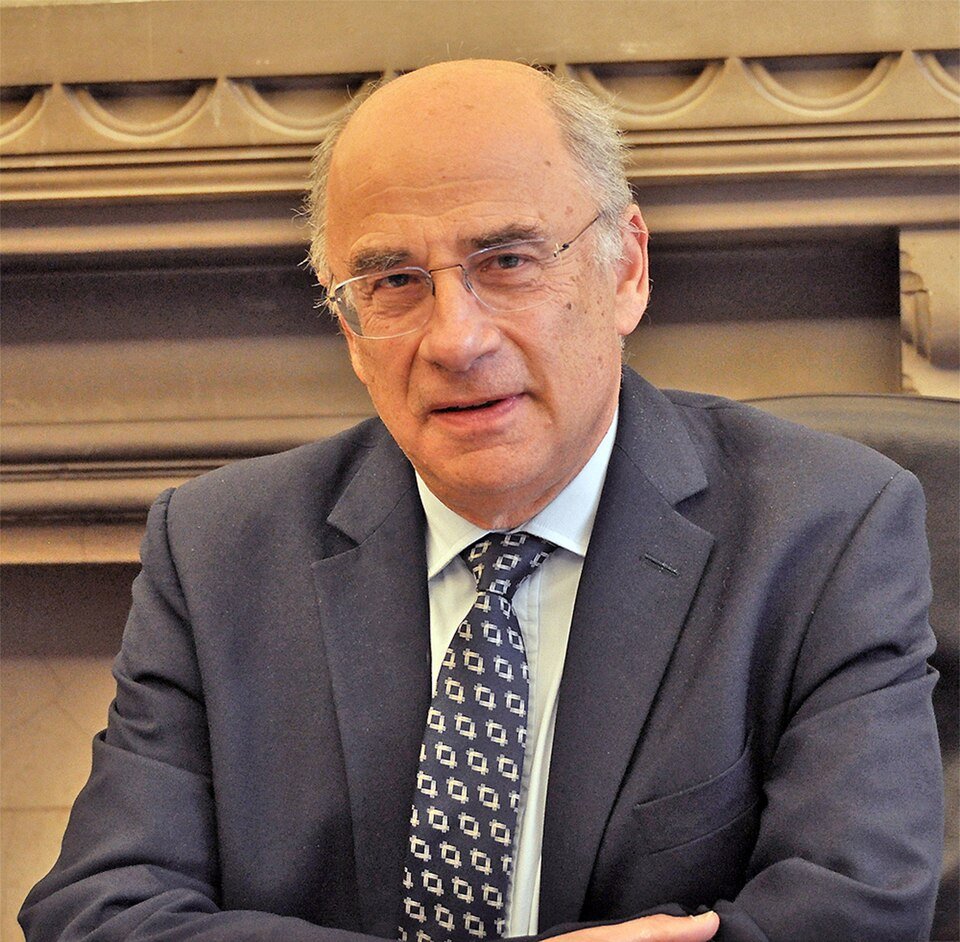When Facts Are Sensitive: Balancing Security and Transparency
By Sir Brian Leveson
Investigatory Powers CommissionerSir Brian Leveson has responsibility for reviewing the use of investigatory powers by public authorities, such as intelligence agencies, police and local authorities.

In a world increasingly concerned with misinformation and "fake news", the value of factual accuracy has never been more apparent. But what happens when the facts themselves must remain confidential to protect individuals and national security? This is the reality for us at the Investigatory Powers Commissioner's Office (IPCO). We navigate a unique challenge: providing transparency and ensuring rigorous factual integrity while respecting necessary operational secrecy. While organisations like Full Fact perform the vital work of publicly scrutinising claims made in the open, we conduct similar verification, but behind closed doors.
The investigatory powers we oversee, from interception of communications to equipment interference, are by their nature covert. Their effectiveness often depends on their secrecy. Yet this creates a fundamental challenge: these powers require robust oversight precisely because they operate away from public view. For the most intrusive powers, we have what's called a "double lock" approval process. Public authorities must first obtain authorisation from a Secretary of State or senior official, which is then reviewed by one of our Judicial Commissioners, all of whom are retired members of the senior judiciary: only with their approval can a warrant be issued.
But our fact-checking doesn't stop there. My Inspectors undertake inspections during which they examine warrant applications to verify that the facts were accurate and the evidence supported the claimed necessity. They also follow up to check that the agencies adhere to the actions set out in the authorisation. This continuous verification ensures the original justifications proved accurate in practice. This challenge places special responsibility on oversight bodies. When the public cannot directly verify how powers are being used, they must trust that someone else is conducting this verification thoroughly and independently.
Perhaps our greatest challenge is building public confidence without being able to share all the details of our work. We cannot publish the specific facts we've verified about individual operations, but we can be transparent about our methods, our standards, and our findings at a systemic level.
This is why our annual reports and regular updates matter so much. They represent our effort to be as open as possible about our oversight activities while respecting operational sensitivities. They are, in essence, our attempt to bridge the gap between necessary secrecy and democratic accountability.
Though Full Fact operates in the public sphere while IPCO works largely in classified environments, we share core challenges. Both organisations must maintain independence from those we scrutinise. Both must apply consistent standards of evidence. And both must communicate our findings clearly to maintain public trust.
Join 72,953 people who trust us to check the facts
Sign up to get weekly updates on politics, immigration, health and more.
Subscribe to weekly email newsletters from Full Fact for updates on politics, immigration, health and more. Our fact checks are free to read but not to produce, so you will also get occasional emails about fundraising and other ways you can help. You can unsubscribe at any time. For more information about how we use your data see our Privacy Policy.
I believe there's value in sharing these experiences across our different domains. How do we maintain rigorous fact-checking processes? How do we communicate our findings effectively? How do we uphold high standards even when faced with complex or politically sensitive issues?
In an era where facts themselves have become contested territory, the work of verification - whether public or private- has taken on new importance. When we confirm that an agency has acted lawfully, or when Full Fact verifies or debunks a public claim, we are both participating in something essential to democracy: the maintenance of facts in public life.
This doesn't require that all facts be publicly available. It does require that systems exist to verify facts at every level and that nothing is accepted simply because someone in authority has claimed it.
Although our methods and contexts differ, organisations like IPCO and Full Fact serve complementary functions in maintaining the integrity of our information ecosystem. We work to keep facts straight, just in different corners of public life.
When facts must remain sensitive, the public needs to know that someone they trust is verifying those facts with rigour and independence. This trust is reinforced through our accountability to Parliament, including regular reporting, our engagement with NGOs and our responsiveness to media scrutiny. These mechanisms ensure that whilst our detailed findings may remain confidential, our processes and standards remain subject to external challenge and oversight.
The views expressed in this article are those of the guest author.